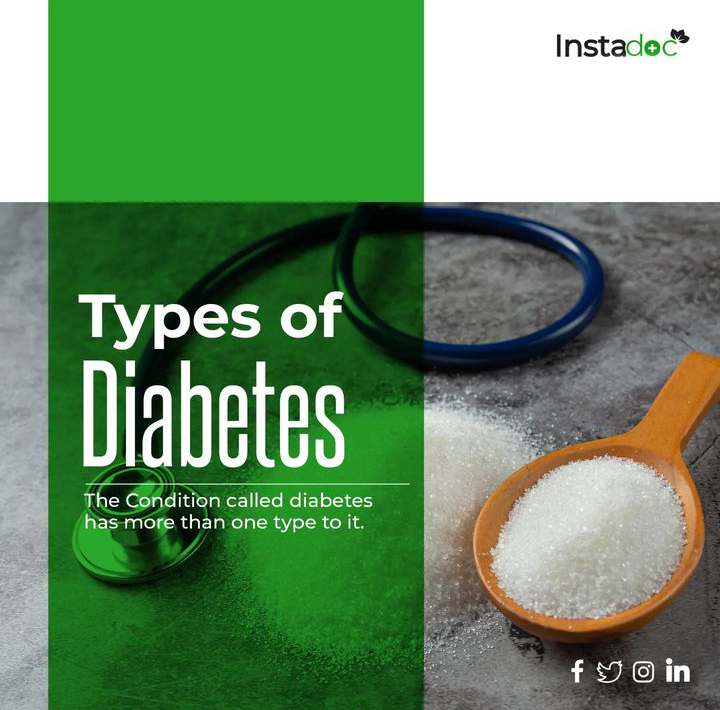THE MUCH DREADED HEPATITIS
- 2 years ago
- 0 Comments
- MY HEALTH
THE MUCH DREADED HEPATITIS
Much has been said about hepatitis such that some think that it must be sought and treated while treating malaria in our environment.
Well, here are the facts on hepatitis so as to have your doubts cleared.
Hepatitis means inflammation of the liver. Shikena!
This can be caused by viruses, alcohol or anything that can harm the liver, including some drugs.
We shall focus on viral hepatitis however, being a dreaded form of hepatitis.
There are six viruses responsible for hepatitis. These are Hepatitis A, B, C, D, E, and G. These we shall group into:
- Those spread feco-orally (i.e. by contact with feces, and what goes into the mouth). These are Hepatitis virus A and E
- Those spread via blood and blood products: hepatitis virus B, C, D and G.
-Now, let's take a look at hepatitis A which is spread feco-orally.
1. HEPATITIS A (HAV)
Infection is by ingesting contaminated food and/ or water, and by close contact with infected individuals. It is infectious even in those who seemingly do not show any symptoms because they excrete the virus in their feces for about 2-3 weeks before they start showing symptoms.
The infection doesn't usually last long.
It is more common in children who are less than five (5) years old.
It is also common where there is overcrowding and poor sanitation.
- How to know if someone has HAV
The person may not have any specific symptom initially, although there may be headache, muscle pain, joint pain, nausea and poor feeding.
Later, there may be yellowness of the eyes (jaundice), vomiting and frequent passage of loose stool. Abdominal discomfort, passage of dark urine and pale stools may also be present.
Prevention
- Hand washing
- Good environmental sanitation
- Good personal hygiene
- Avoid close contact with infected individuals
- Avoid overcrowding, especially in schools and specialized homes.
NOTE:
Not everyone infected with HAV dies; many recover. The virus doesn't last very long in the body. It stays for about 2-4 weeks .Early presentation at a health facility when the symptoms appear, is key to good recovery.






Comments (0)